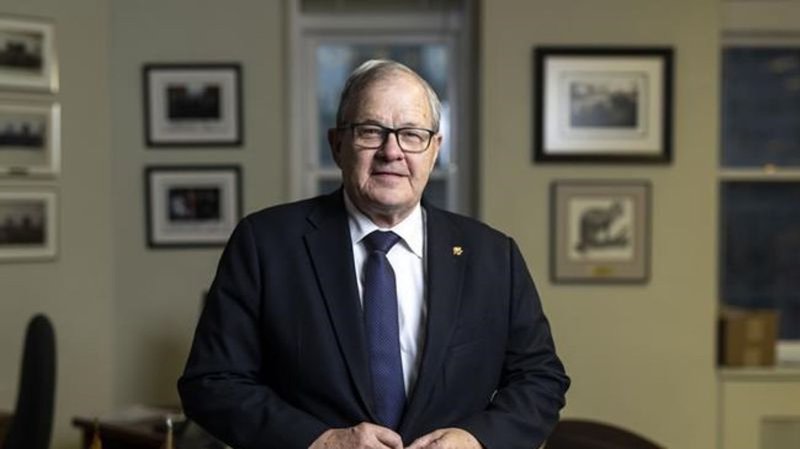
Case manager who talked assisted dying with veterans no longer employed
OTTAWA — A Veterans Affairs employee who spoke to former Armed Forces members about accessing medical assistance in dying is no longer with the department, although the federal government would not say Tuesday whether she was fired or resigned.
Erika Lashbrook Knutson, a spokeswoman for Veterans Affairs Minister Lawrence MacAulay, cited privacy concerns in refusing to disclose any further details after she revealed the employee’s departure on Tuesday.
“We had to follow to the letter the process laid out in the collective agreement with the union,” she said. “That kind of a process has some pretty rigid requirements on privacy and non-disclosure. But as of today, that employee is no longer an employee.”
The employee’s departure follows a Global News report in the summer that a former Armed Forces member who contacted Veterans Affairs for help was offered information about medical assistance in dying, which is also known as MAID.


